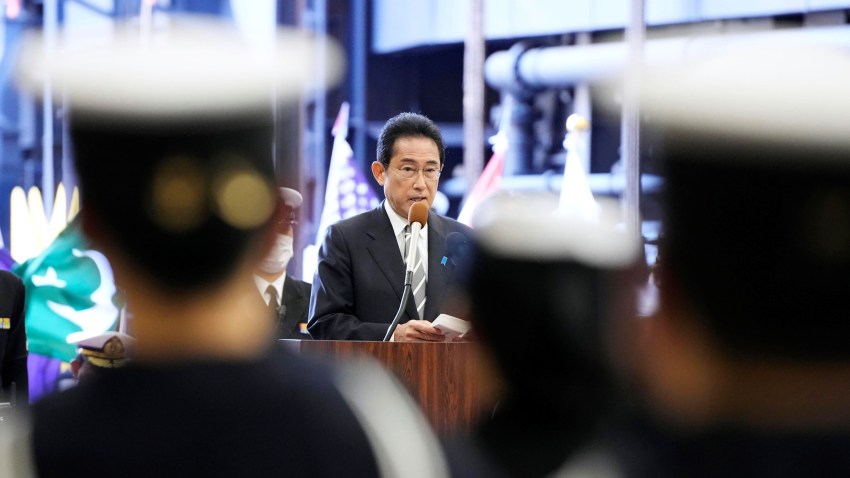Last December, Japan announced a series of changes to its defense policy that raised eyebrows in some parts of the world. In addition to updating the country’s National Security Strategy, National Defense Strategy and Defense Buildup Program, Tokyo announced it would increase its defense budget to 2 percent of its gross domestic product by 2027. That would cross the traditional 1 percent ceiling that Japan has unofficially adopted since the Cold War. This January, Prime Minister Kishida Fumio visited the White House to meet with U.S. President Joe Biden. The two leaders discussed security challenges in the Indo-Pacific region and reaffirmed the U.S.-Japan alliance, particularly with regard to applying their mutual defense treaty to Japan’s Senkaku Islands, which China claims as the Diaoyu.
Not surprisingly, Japan’s rivals responded critically. China, whose military posturing in the region is often cited as what drove Tokyo’s military upgrade in the first place, accused Japan of provoking “regional tension and confrontation” and called it “a very dangerous development.” South Korea’s response was more mixed, but its media outlets still described the development as a return to “imperial militarism.”
But a clearer understanding of the situation requires more balance and less hyperbole. As important as what changed in Tokyo’s defense posture is what did not change—namely, the pacifist stance at the heart of it. Given that, how will the changes affect Japan’s postwar pacifism and its relations with the United States? Will Tokyo’s moves fuel a regional arms race? And what geopolitical implications can we draw?

